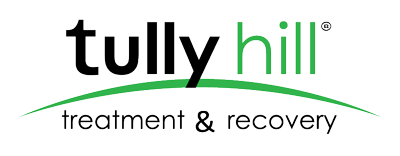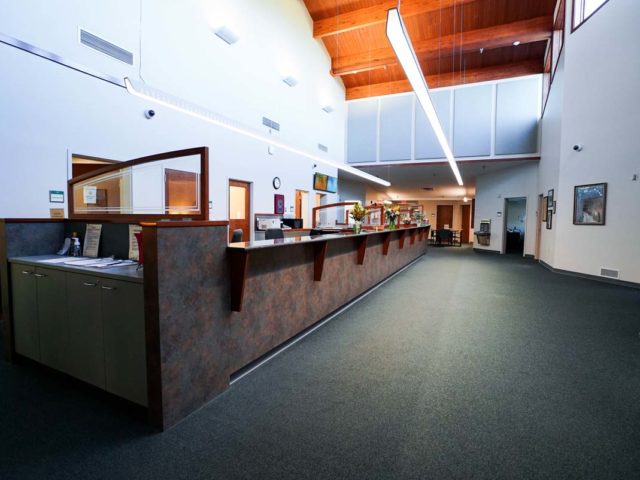Nurse
/nərs/
noun
- a person who cares for the sick or infirm; specifically: a licensed health-care professional who practices independently or is supervised…and who is skilled in promoting and maintaining health.
Addictions Nurse
/ə’dikSH(ə)n nərs/
noun
- a nurse who is a superhero.*
No matter the practice setting, nurses are the soul of healthcare. Nurses working in a specialty, like addictions nursing, must prepare beyond general training and nursing education to ensure the safe delivery of quality care. Every day is different for a nurse in an addiction treatment facility (ATF), but one thing that never changes is the nurse’s passion for the patients and families.
A day in the life of an addictions nurse includes:
- Admissions and discharges. An admissions nurse is dedicated to assessing potential patients and reviewing the patient’s health history. The nurse collaborates with the attending physician to obtain orders and begin developing an appropriate care plan.
After successful completion of treatment, the patient will be discharged. The nurse reviews discharge instructions and aftercare plans with the patient and ensures that prescriptions are electronically sent to the pharmacy.
- Medication administration. The layperson may think a nurse simply hands out pills during a med pass, but it is actually much more involved. The nurse facilitates the delivery of medications through an outside pharmacy, routinely inventories narcotics, monitors and records patient compliance with ordered medications, educates patients on side effects and offers suggestions as to what ordered medications may alleviate withdrawal symptoms.
- Treatment planning. Nurses are an integral part of the multidisciplinary team. The team meets regularly to discuss patients. Nursing contributes health information, such as discussing a patient’s progress through detoxification, permission for a patient to elevate his legs in group or the issuance of a bed pass when a patient is too medically compromised to attend programming.
- Health education. Nurses accept every opportunity to educate patients. This happens in formal settings like nursing lectures, informal settings like community meetings and one-on-one with patients as the need arises. Nurses instruct patients on a wide range of subjects, including but not limited to: nicotine replacement, post acute withdrawal syndrome, vital signs, hepatitis C and sexually transmitted infections.
- Documentation. This is vitally important for utilization review (a nurse reviews medical records, prepares appeals on medical necessity, level of care and length of stay with insurance companies). Proper documentation informs members of the multidisciplinary team on all facets of treatment and also shows progression in treatment.
Patient behaviors and medical conditions will ultimately influence how a nurse’s day is spent. The nurse may need to draw labs, intervene with a patient reporting they are leaving against medical advice, administer as needed medications between med passes, respond to emergencies, or the nurse may simply need to offer a patient hope. One thing is certain – there is never a dull moment for an addictions nurse and each day is unique and rewarding.
*Author is a Certified Addictions Registered Nurse and is therefore biased.
Please note that, whereas most if not all of our older blog posts do not have appropriate, non-stigmatizing language – i.e., substance use disorder in place of addiction and/or chemical dependency – all subsequent posts do and will retain language that avoids propagating negative stereotypes and biases through the use of slang and idioms.
Likewise, we have pledged to follow the guidelines set forth by the Office of National Drug Control Policy and that are conceptually and in general endorsed by the American Society of Addiction Medicine (ASA), the federal Substance Abuse and Mental Health Services Administration (SAMHSA), and other federal and state entities governing and regulating substance use disorder. We will therefore now use person-first language that respects the worth and dignity of all people; that focuses on the medical as well as clinical nature of substance use disorders and treatment; and that promotes the recovery process.









